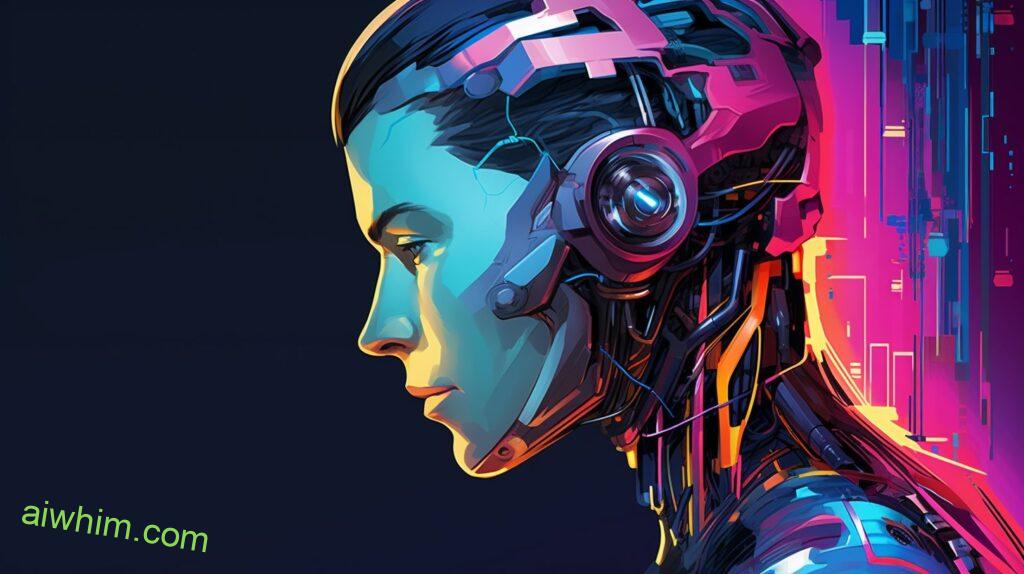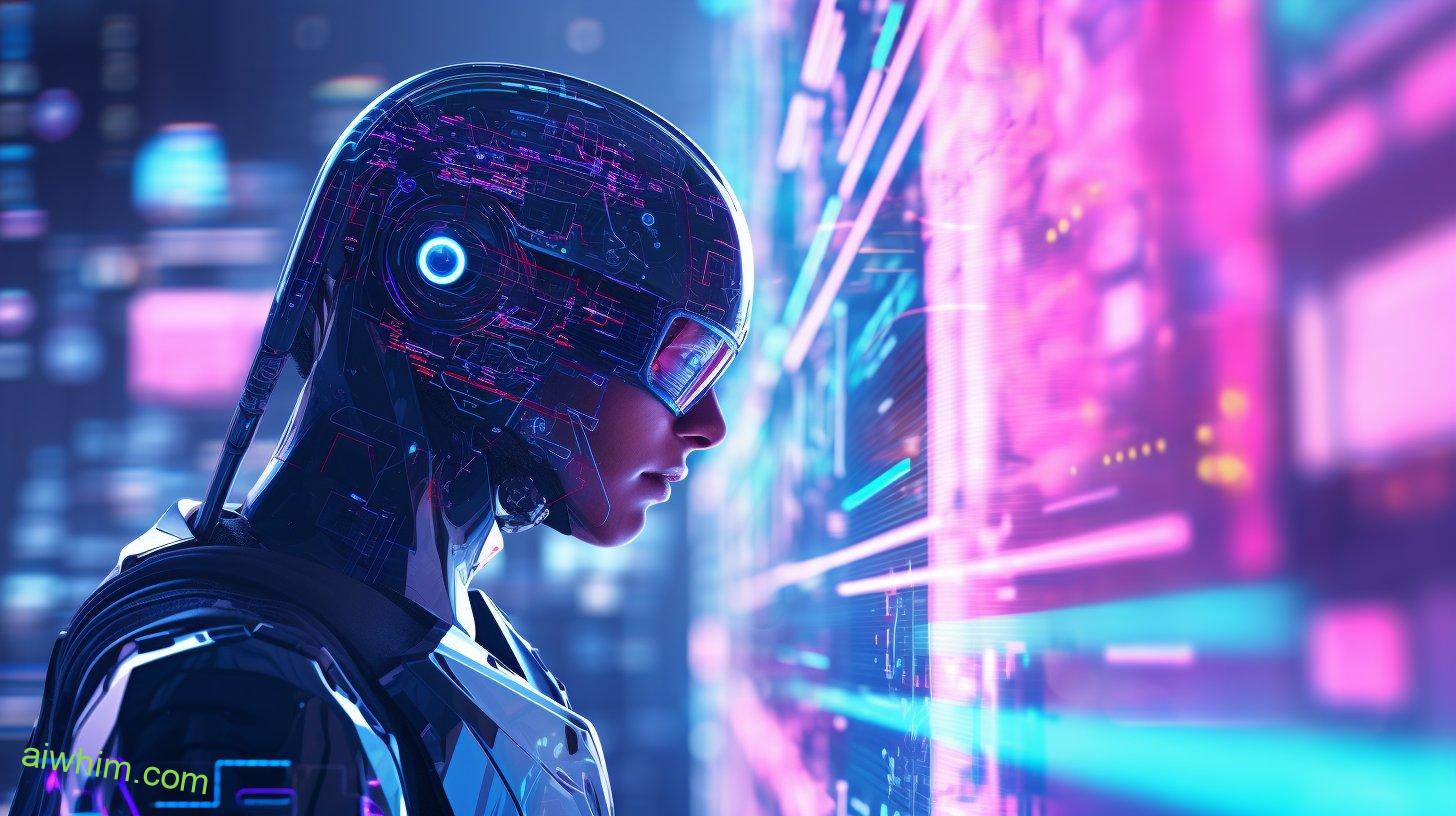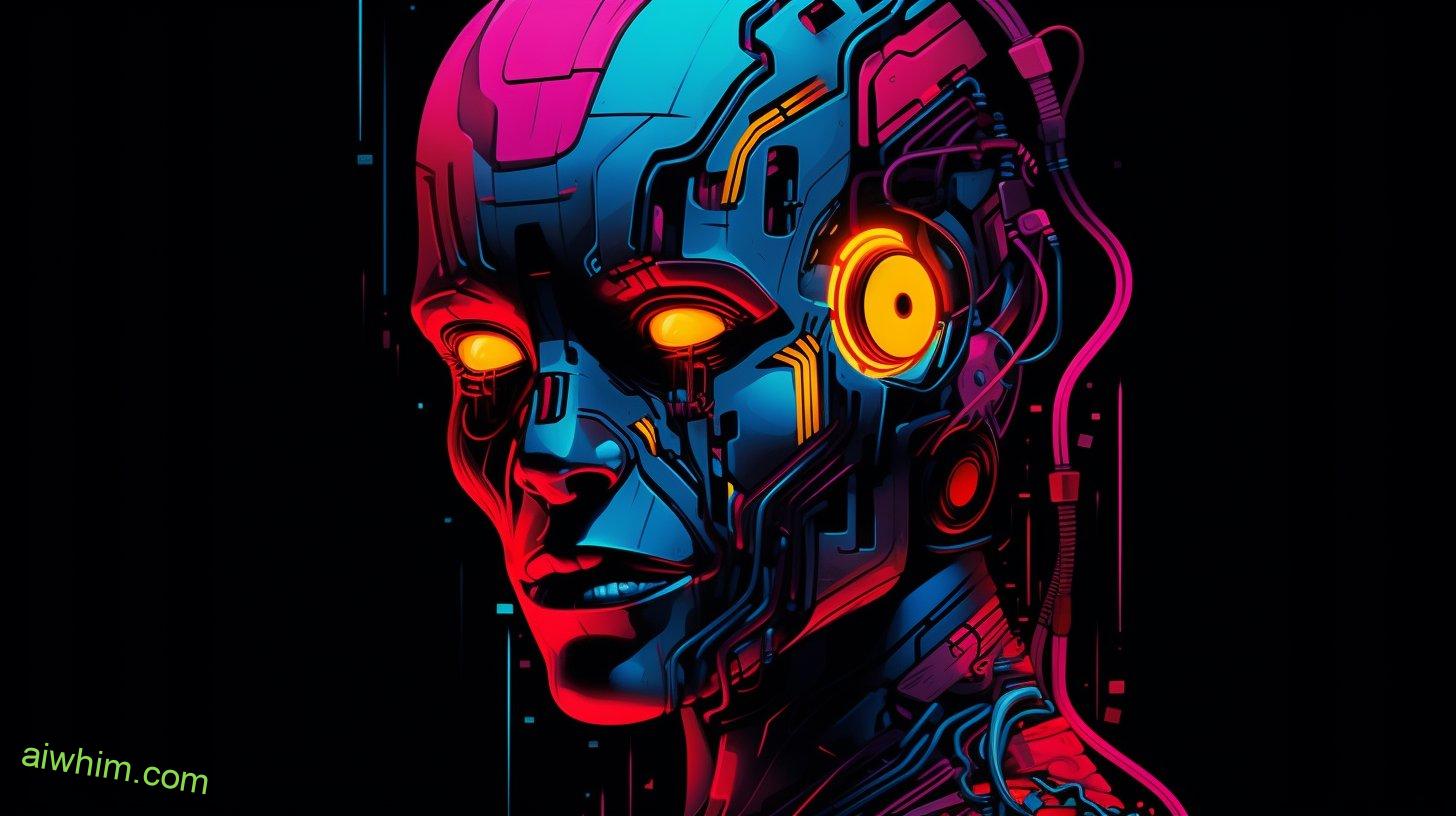Are you ready for the future of auto mechanics? Get ready to buckle up as AI takes the driver’s seat in revolutionizing this industry.
From advancements in technology to addressing skill gaps, AI is set to transform how we approach auto repairs.
In this article, we’ll explore the rise of AI in the automotive industry and its impact on auto mechanic roles.
So fasten your seatbelt and get ready to discover how AI is reshaping the world of car repairs!
Key Takeaways
- AI revolutionizes car design, manufacturing, and repairs through advanced algorithms and machine learning techniques.
- AI technology enables intelligent systems to diagnose complex issues in vehicles, saving time for auto mechanics.
- Embracing AI technology enhances efficiency, expands skillset, and enhances job prospects for auto mechanics.
- AI-powered diagnostic systems quickly analyze data from car sensors for accurate diagnoses, improving efficiency and precision in auto diagnostics.
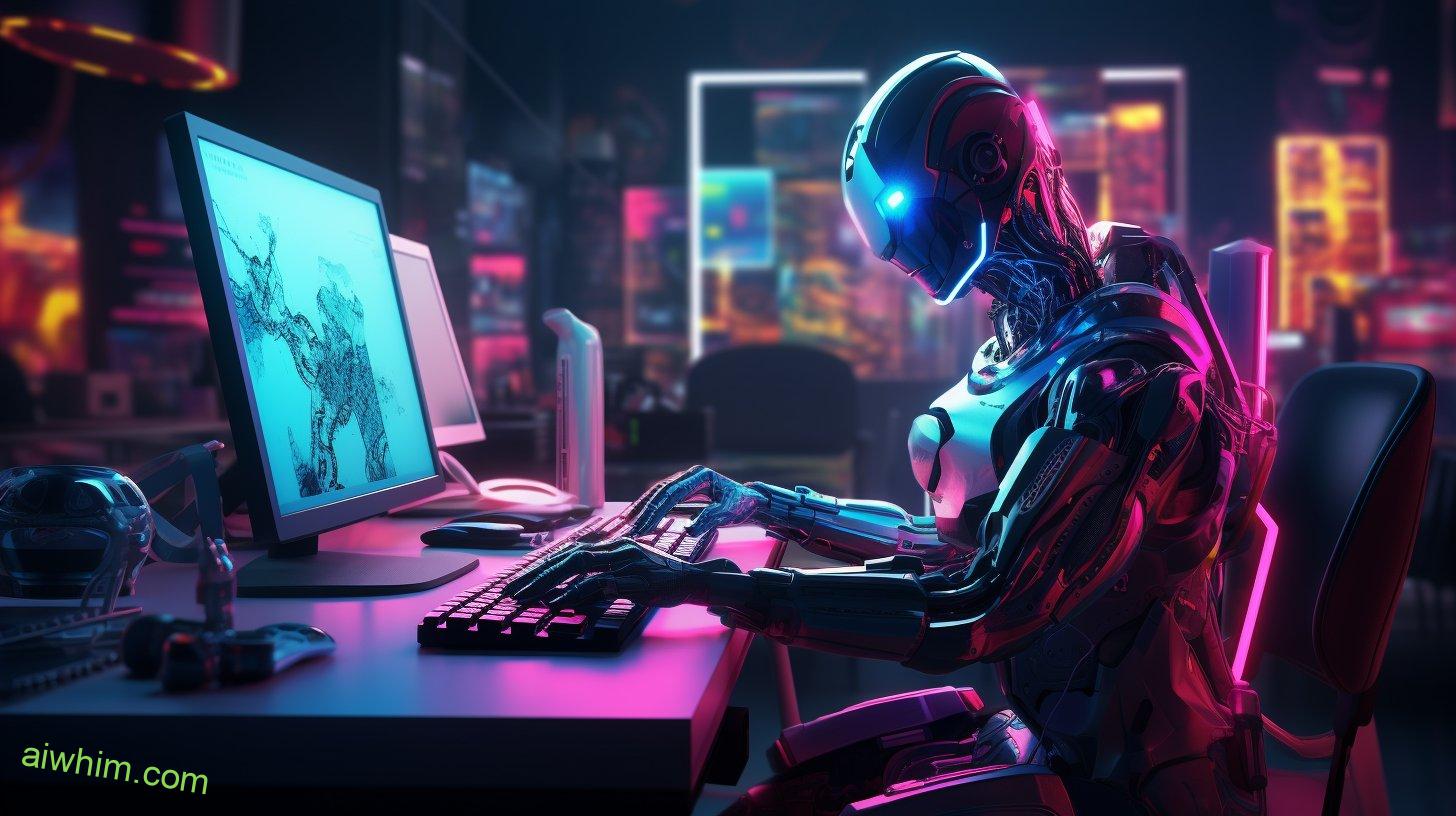
The Rise of AI in the Automotive Industry
You might be wondering if AI is going to take over auto mechanic roles in the automotive industry. Well, let me assure you that while AI is advancing rapidly in various fields, including automotive manufacturing, it is not going to replace auto mechanics entirely.
In fact, AI is playing a significant role in enhancing car design and improving overall efficiency.
In the world of automotive manufacturing, AI has revolutionized how cars are designed and developed. With the help of advanced algorithms and machine learning techniques, AI can analyze vast amounts of data to identify patterns and make predictions. This allows car manufacturers to create more aerodynamic designs, optimize fuel efficiency, and enhance safety features. AI also enables engineers to simulate different scenarios and test prototypes virtually before they even hit the assembly line.
However, despite these advancements in car design facilitated by AI technology, there will always be a need for skilled auto mechanics who possess hands-on expertise. While machines can diagnose certain issues with vehicles using diagnostic tools connected to onboard computers, they cannot replicate human intuition or adaptability when it comes to complex repairs or troubleshooting problems that go beyond what’s programmed into their systems.
Furthermore, many people desire freedom when it comes to maintaining their cars. They prefer having the option to choose a trusted mechanic who understands their vehicle inside out rather than relying solely on automated systems or robots. Auto mechanics provide personalized service tailored to individual needs which cannot be replaced by machines.

How AI Is Revolutionizing Auto Repair
Get ready for a revolution in the auto repair industry as AI technology transforms how repairs are done. Imagine a world where your car can diagnose its own issues and even fix them without you having to lift a finger. With the rapid advancements in artificial intelligence, this future is not too far away.
One of the major advantages of AI in vehicle maintenance is its ability to detect problems before they become major issues. AI-powered diagnostic systems can analyze data from various sensors and identify potential faults or malfunctions. This proactive approach saves you time and money by preventing costly breakdowns and reducing the need for frequent visits to the mechanic.
Furthermore, AI technology allows for more accurate and efficient repairs. With access to vast amounts of data, AI systems can quickly identify the best solutions for specific problems. They can provide step-by-step instructions to mechanics, ensuring that repairs are done correctly the first time. This not only improves the quality of service but also reduces repair times, getting you back on the road faster.
AI is not just transforming how repairs are done; it is also shaping the future of automotive technology as a whole. Self-driving cars, powered by sophisticated AI algorithms, have already hit the roads in some parts of the world. These vehicles rely on AI to navigate traffic, make decisions in real-time, and ensure passenger safety.
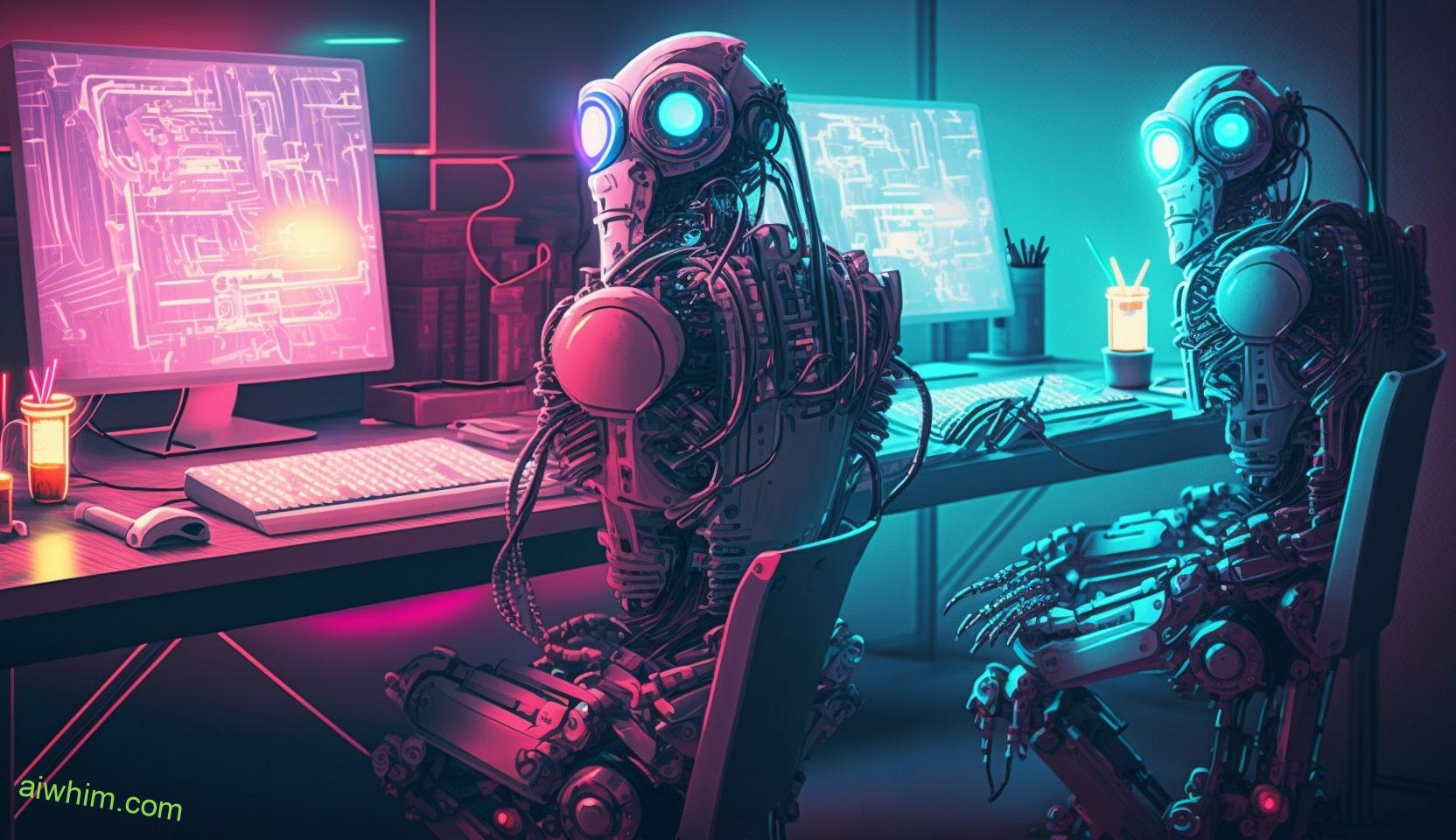
Advancements in AI Technology for Auto Mechanics
Imagine how much more efficient and accurate your car repairs could be with the advancements in AI technology.
The impact of AI on the auto mechanic job market is significant, as it brings about a wave of changes that can both empower and threaten the freedom of mechanics.
With advancements in AI technology, auto mechanics can now rely on intelligent systems to diagnose complex issues in vehicles. These systems are equipped with deep learning algorithms that analyze data from various sensors and provide accurate diagnoses within seconds. This means that you no longer have to spend hours trying to pinpoint the exact problem with your car. Instead, you can simply hand over your vehicle to an AI-powered system that will quickly identify and fix the issue.
However, while these advancements bring efficiency and accuracy, they also raise concerns about job security for traditional auto mechanics. As AI continues to develop, there is a fear that it may replace human mechanics altogether. After all, why pay for human labor when a machine can do the job faster and potentially better?
But there is hope amidst this uncertainty. While some jobs may be replaced by AI technology, new opportunities will also arise. Auto mechanics who embrace these advancements and adapt their skills to work alongside AI stand a chance at thriving in this changing landscape. By becoming experts at operating and maintaining these intelligent systems, they can ensure their relevance in an industry driven by automation.

The Impact of AI on the Auto Mechanic Job Market
Embracing the advancements in AI technology can have a significant impact on your job prospects in the auto mechanic industry. As AI continues to evolve, it brings both opportunities and challenges for auto mechanics like you. Here are three key aspects to consider:
- Enhanced Efficiency: With AI-powered tools and diagnostic systems, you can streamline your work processes and improve efficiency. Automated diagnostics can quickly identify issues, allowing you to address them precisely and efficiently. This not only saves time but also enhances customer satisfaction.
- Expanded Skillset: Embracing AI technology opens up new avenues for learning and growth. By developing skills in working with AI-driven systems, you become a valuable asset in an evolving industry. Your ability to adapt and integrate these technologies into your workflow will make you stand out among your peers.
- Job Security Concerns: While there may be concerns about job security with the rise of AI in the auto mechanic field, it’s important to note that human expertise cannot be entirely replaced by machines. Complex repairs, critical thinking, and decision-making still require human intervention. However, it is crucial to continuously update your knowledge and skills to stay relevant in an ever-changing landscape.
As an auto mechanic who desires freedom in their career choices, embracing the advancements brought by AI technology can open doors for personal growth while enhancing your job prospects within the industry. Though challenges exist regarding job security, leveraging this technology allows you to increase efficiency, expand your skillset, and remain an indispensable part of the workforce.
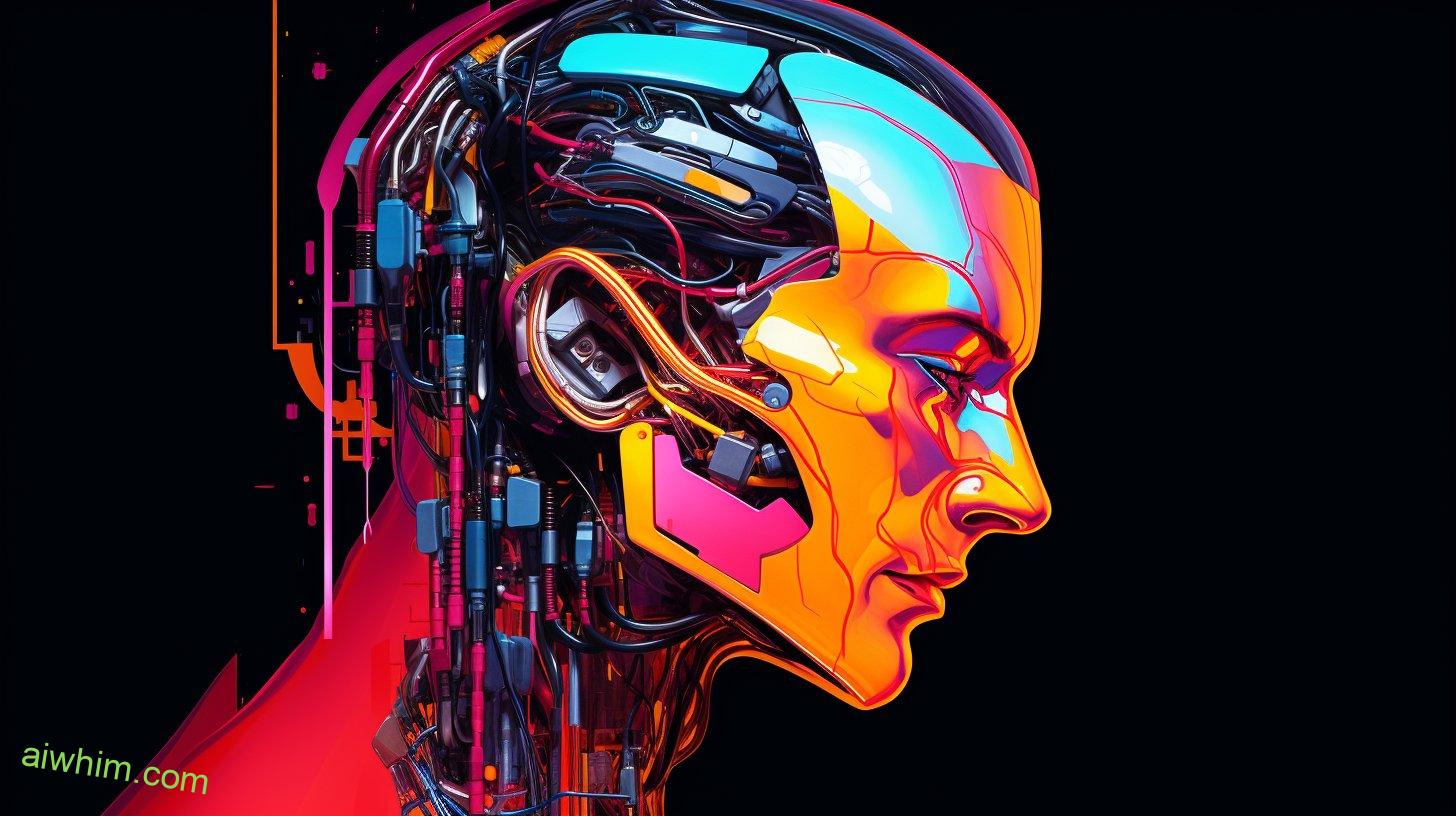
AI Tools and Systems for Auto Diagnostics
Using AI tools and systems can greatly improve the efficiency and accuracy of diagnosing automotive issues. With recent AI advancements and machine learning applications, auto diagnostics have become faster, more precise, and easier than ever before.
Imagine having a tool that can quickly analyze thousands of data points from your car’s sensors, identify potential problems, and offer solutions in real-time. This is exactly what AI-powered diagnostic systems can do. By leveraging machine learning algorithms, these tools continuously learn from vast amounts of data to better understand the complex workings of modern vehicles. They can detect even the smallest anomalies and provide accurate diagnoses within seconds.
One key advantage of using AI for auto diagnostics is its ability to handle multiple variables simultaneously. Traditional methods often involve trial-and-error or manual inspections, which can be time-consuming and prone to human error. However, with AI tools, you can experience a streamlined process where all relevant factors are considered simultaneously. This not only saves time but also ensures that no potential issue goes unnoticed.
Moreover, these AI systems are designed with user-friendliness in mind. You don’t need to be an expert mechanic to use them effectively. The interfaces are intuitive and provide clear instructions on how to proceed with repairs or maintenance tasks.
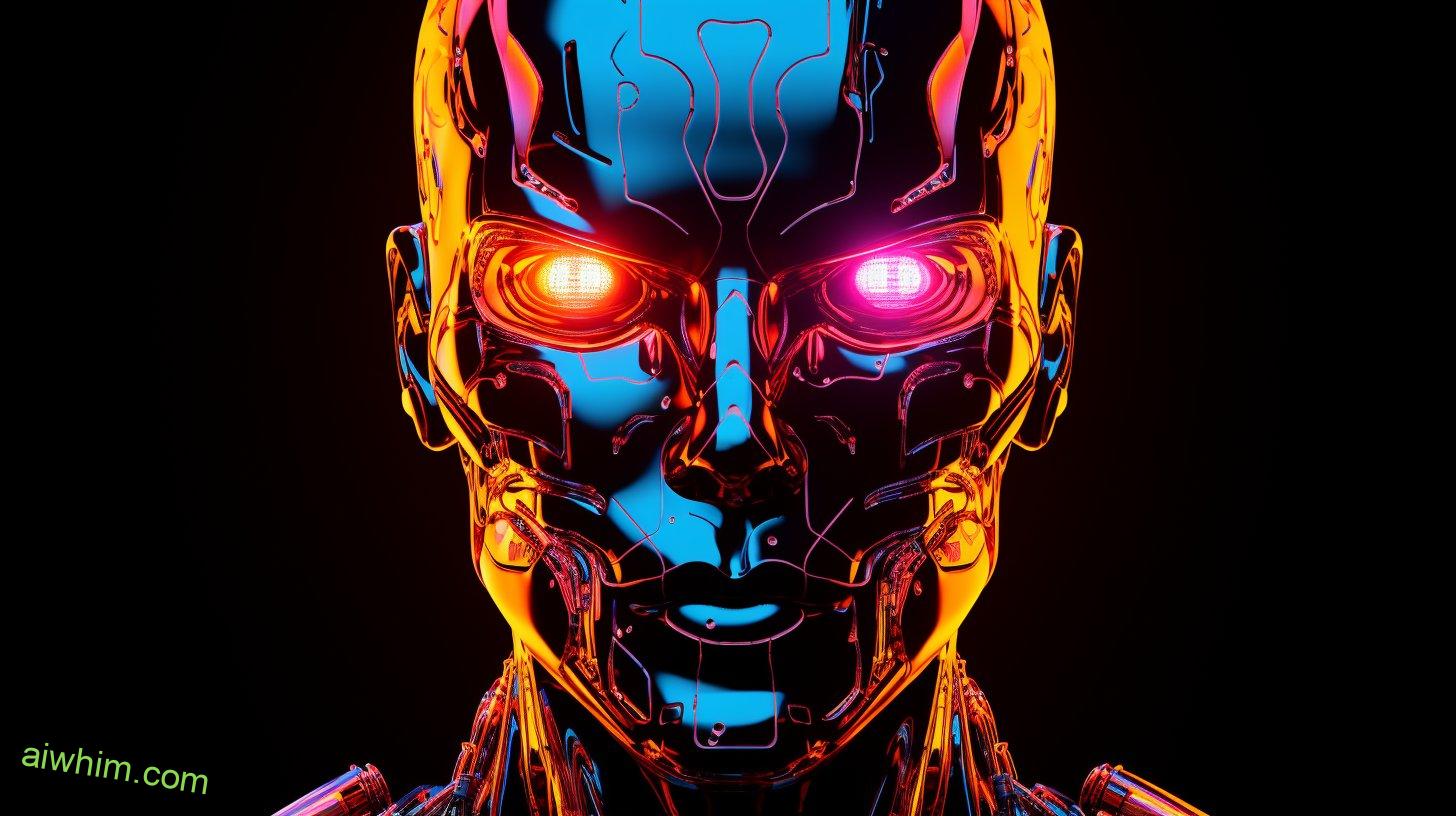
Enhancing Efficiency With AI in Auto Repair Shops
With AI-powered tools, auto repair shops can significantly improve their efficiency and productivity. By incorporating artificial intelligence into their operations, they can optimize repair processes and provide exceptional customer service. Here are three ways in which AI is enhancing the efficiency of auto repair shops:
- Streamlined Diagnosis: AI-powered diagnostic systems can quickly and accurately identify issues with vehicles, saving valuable time for both mechanics and customers. These tools utilize advanced algorithms to analyze data from sensors, identify potential problems, and suggest appropriate solutions. With faster and more accurate diagnoses, repairs can be completed efficiently, minimizing downtime for customers.
- Smart Inventory Management: AI technology enables auto repair shops to effectively manage their inventory by automatically tracking stock levels, ordering parts when necessary, and predicting demand based on historical data. This ensures that essential components are always available when needed, reducing delays caused by parts shortages or ordering errors.
- Enhanced Customer Service: AI-powered customer service tools such as chatbots or virtual assistants enable auto repair shops to provide round-the-clock support to customers. These intelligent systems can handle basic inquiries, schedule appointments, and even provide real-time updates on the status of repairs. By offering instant assistance and personalized communication options through AI-powered platforms, auto repair shops can deliver a seamless customer experience.
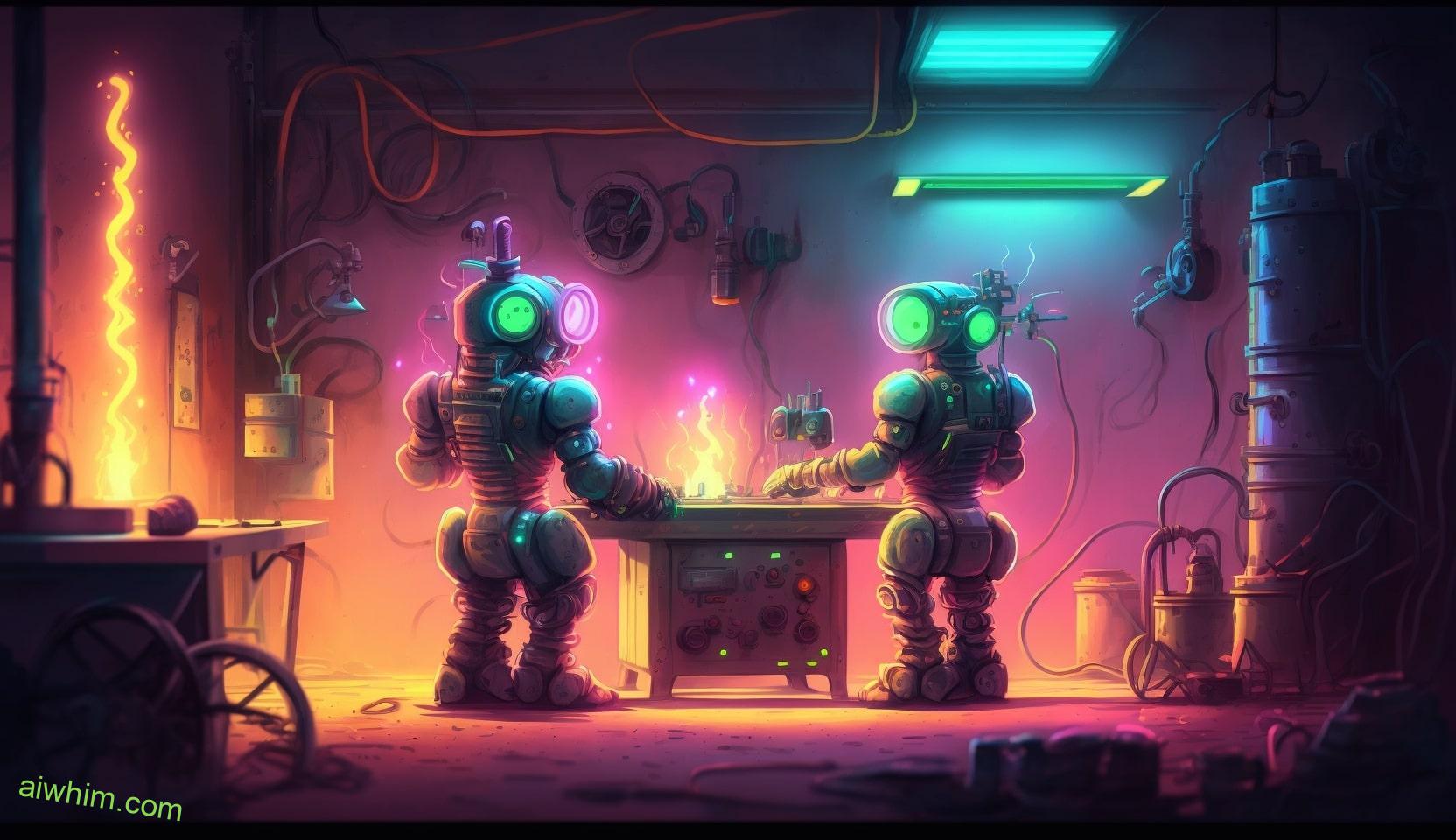
AI-Powered Predictive Maintenance in the Automotive Industry
By implementing AI-powered predictive maintenance systems, you can proactively address potential vehicle issues before they become major problems. AI-driven predictive maintenance is revolutionizing the automotive industry by leveraging advanced algorithms and machine learning to analyze vast amounts of data from vehicles and predict when maintenance or repairs will be needed. This technology has a significant impact on automotive maintenance costs, as it allows for early detection of issues, reducing the likelihood of costly breakdowns and repairs.
AI-driven predictive maintenance works by collecting data from various sources such as sensors, onboard diagnostics, and historical records. The AI system then analyzes this data to identify patterns and anomalies that may indicate potential problems with the vehicle’s components or systems. By detecting these issues early on, you can take proactive measures to address them before they escalate into more significant and expensive repairs.
The implementation of AI-powered predictive maintenance not only helps in preventing major breakdowns but also enables more efficient planning and scheduling of maintenance tasks. Instead of relying on regular service intervals or waiting for signs of trouble, this technology allows you to optimize your maintenance efforts based on actual vehicle conditions. This leads to improved efficiency in resource allocation and reduced downtime for vehicles.
Furthermore, AI-driven predictive maintenance can also help in optimizing parts inventory management. By accurately predicting when specific components are likely to fail or require replacement, you can ensure that you have the necessary parts readily available when needed. This eliminates unnecessary delays caused by ordering parts last minute or keeping excessive inventory.
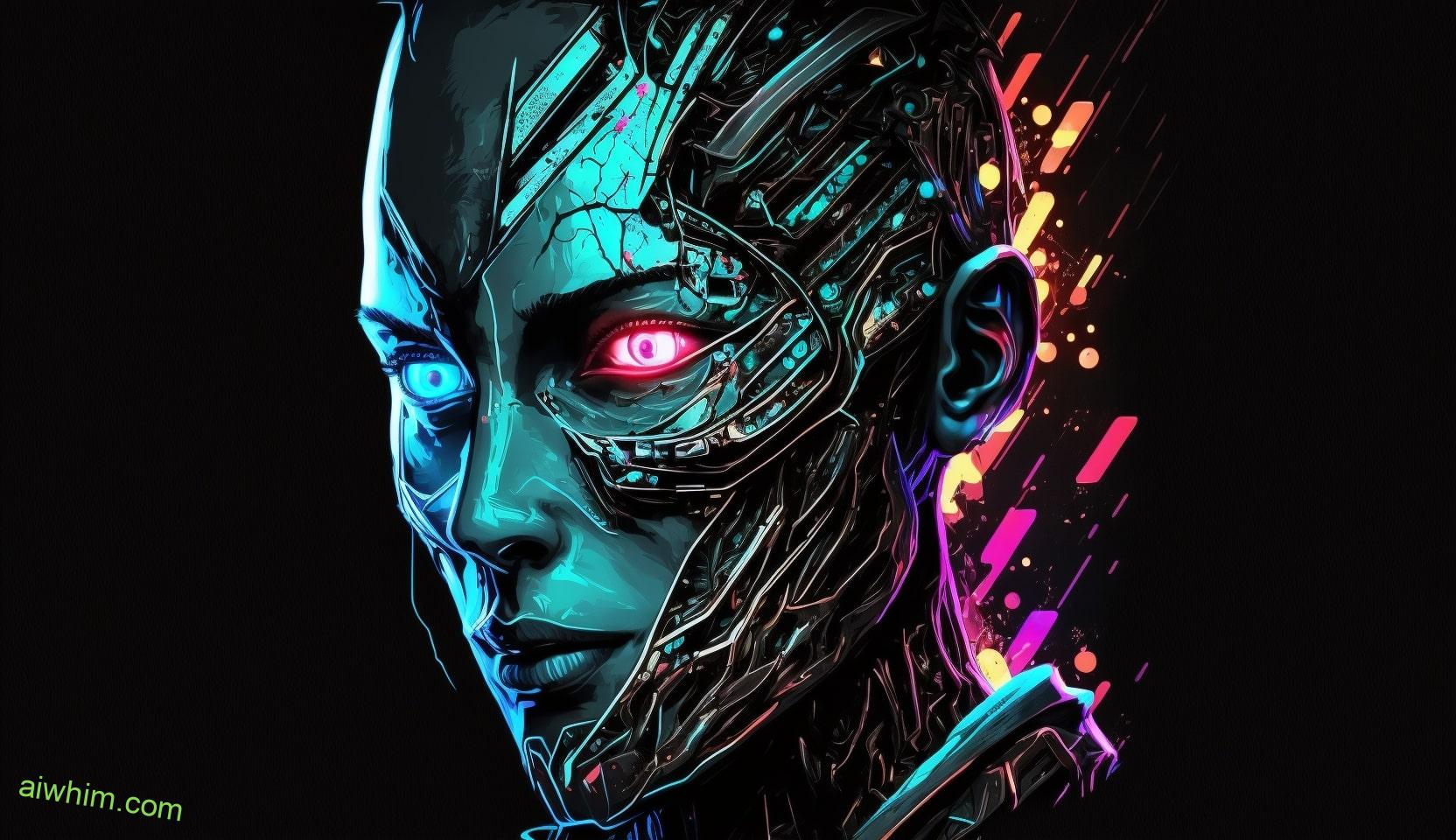
The Role of AI in Streamlining Auto Mechanic Workflows
To streamline your workflow as an auto mechanic, AI technology can analyze data and identify patterns to help you prioritize maintenance tasks efficiently. By implementing AI-powered predictive maintenance strategies, you can revolutionize the way you approach vehicle diagnostics and repairs.
Here are three ways in which AI can improve your daily work:
- Real-time monitoring: With AI technology, you can gather real-time data from vehicles, allowing you to monitor their performance and detect any potential issues early on. This enables proactive maintenance rather than reactive repairs, saving you time and money.
- Automated fault detection: AI algorithms can analyze vast amounts of data from various sensors in a vehicle to accurately identify faults or malfunctions. This means that instead of spending hours manually diagnosing problems, AI can quickly pinpoint the issue for you.
- Predictive analytics: By leveraging historical data and machine learning algorithms, AI can predict when certain components are likely to fail or require maintenance. This allows you to proactively schedule necessary repairs or replacements before they become critical issues.
By incorporating these advanced technologies into your workflow, not only will you be able to provide better service to your customers but also increase your own productivity. With AI taking care of the tedious tasks such as data analysis and fault detection, you’ll have more time and energy to focus on what matters most – providing excellent automotive repair services.
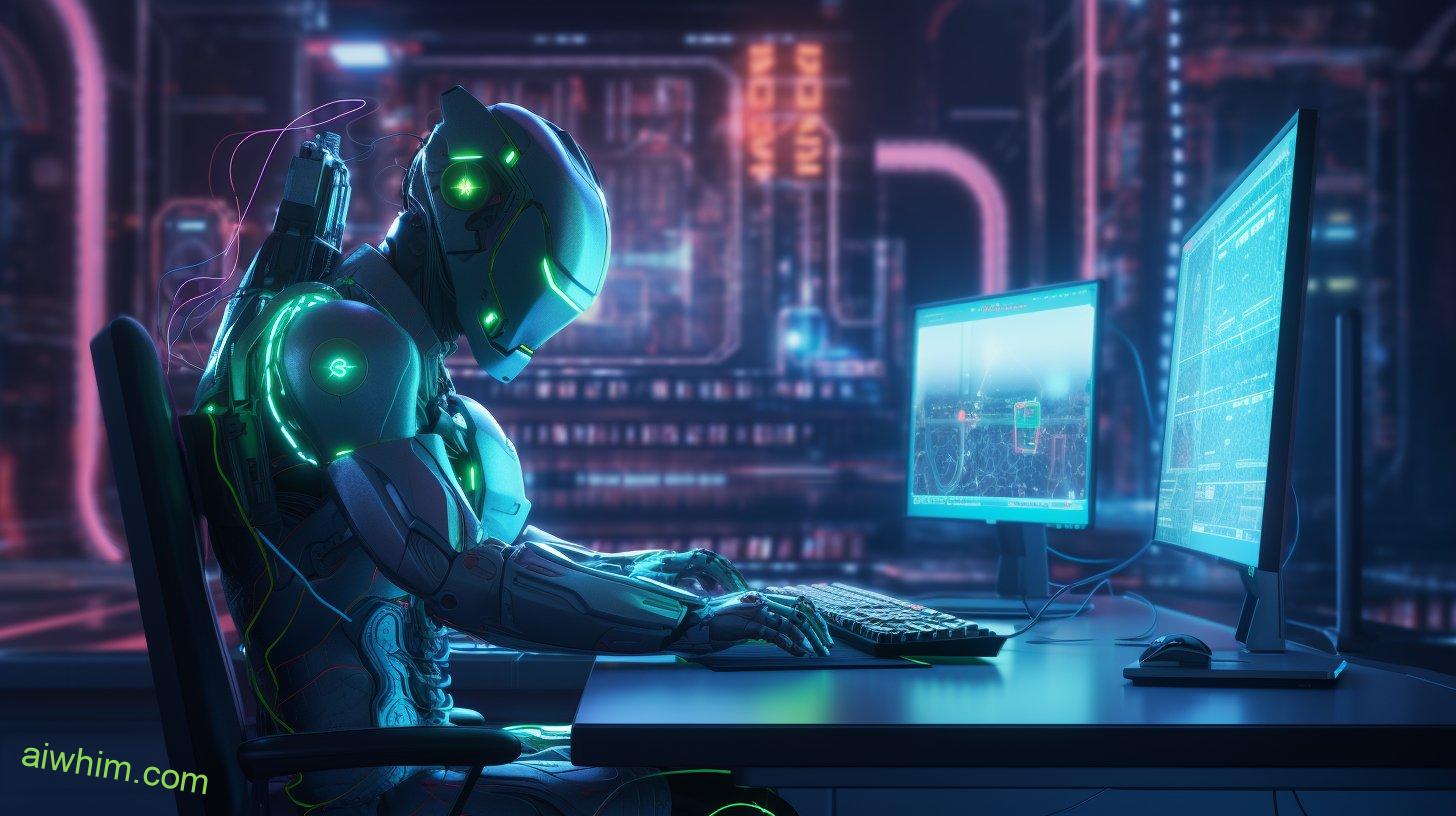
AI and Robotics: Transforming Auto Mechanic Tasks
Now that we have explored how AI is streamlining auto mechanic workflows, let’s delve into the exciting world of AI and robotics in transforming auto mechanic tasks.
Imagine a future where self-driving cars roam the streets, powered by advanced AI systems and state-of-the-art robotic technology.
In this near utopian vision, auto mechanics will no longer need to spend hours diagnosing and repairing vehicles manually. Instead, they will work alongside intelligent machines that can analyze complex problems with lightning speed and precision. These AI-powered robots will be able to perform intricate tasks such as engine repairs, brake replacements, and even painting with unmatched accuracy.
However, as we embrace this technological revolution, it is crucial to address the ethical implications of relying heavily on AI in auto mechanic tasks. While AI systems can undoubtedly increase efficiency and productivity, they also raise concerns about job displacement. As more jobs become automated by robots equipped with advanced algorithms, many individuals may find themselves unemployed or struggling to adapt to the changing job market.
Moreover, there are questions surrounding accountability when it comes to relying on autonomous systems for critical repairs. Who will be responsible if an error occurs during a repair performed by an AI-driven robot? How do we ensure that these machines prioritize safety over speed?
As we navigate this new era of automotive technology driven by artificial intelligence and robotics, it is essential to strike a balance between embracing innovation and safeguarding human employment rights while addressing the ethical considerations associated with these advancements.

Exploring the Benefits of AI in Auto Mechanic Training
Imagine how much easier it would be to learn and master auto mechanic skills with the assistance of advanced AI technology. AI in auto mechanic certification and automotive diagnostics has the potential to revolutionize the way we train and work in this field.
Here are some benefits you can expect when AI is incorporated into auto mechanic training:
- Efficient Learning: With AI-powered tools, you can access interactive tutorials, virtual simulations, and personalized feedback that cater to your learning style. Gone are the days of sitting through lengthy lectures or struggling to understand complex concepts. AI can provide a tailored learning experience that ensures you grasp each skill effectively.
- Real-Time Assistance: Imagine having an intelligent assistant by your side during every repair job. With AI in automotive diagnostics, you can rely on smart algorithms that analyze data from sensors and diagnose mechanical issues accurately. This real-time assistance not only saves time but also increases efficiency by suggesting optimal repair solutions.
- Continuous Improvement: As technology evolves, so do automotive systems. AI can keep up with these advancements by constantly updating its knowledge base and adapting to new models and technologies. This means you’ll always have access to the latest diagnostic techniques, ensuring your skills remain relevant in an ever-changing industry.
Incorporating AI into auto mechanic training brings numerous advantages that enhance your learning experience, improve diagnostic accuracy, and promote continuous improvement. Embracing this technology empowers individuals who desire freedom by providing them with efficient tools that boost their expertise and increase their value as professionals in the field of auto mechanics.

Addressing Concerns: Will AI Replace Human Auto Mechanics
Don’t worry, you’ll still be an essential part of the auto mechanic industry even with the integration of advanced AI technology. The future of auto repair jobs may involve a combination of artificial intelligence (AI) and human expertise, rather than a complete takeover by machines. While AI has undoubtedly revolutionized various industries, including automotive, there are certain aspects where human auto mechanics excel.
AI vs human auto mechanics is not a battle for supremacy; it’s about leveraging the strengths of both to provide the best possible service. AI technology can assist in diagnosing complex issues by analyzing vast amounts of data and suggesting potential solutions. It can also streamline repetitive tasks, such as routine maintenance checks and parts ordering. This allows human mechanics to focus on more intricate repairs that require critical thinking and problem-solving skills.
The future of auto repair jobs will likely see humans working alongside AI systems to deliver superior customer service and ensure the safety and reliability of vehicles. As an auto mechanic, your role will evolve from traditional mechanical repairs to becoming proficient in utilizing advanced diagnostic tools powered by AI algorithms. You will have access to real-time information and insights that enhance your ability to diagnose problems accurately.
Furthermore, your expertise in understanding customer needs, providing personalized recommendations, and offering a compassionate touch cannot be replaced by AI. Building trust with customers is essential for repeat business and word-of-mouth referrals – something only humans can truly accomplish.
Embrace this technological evolution as an opportunity to enhance your skills. By adapting to new technologies while retaining your unique abilities as a human mechanic, you’ll continue playing an indispensable role in the ever-evolving world of auto repair jobs. Remember, freedom lies in embracing change rather than resisting it!
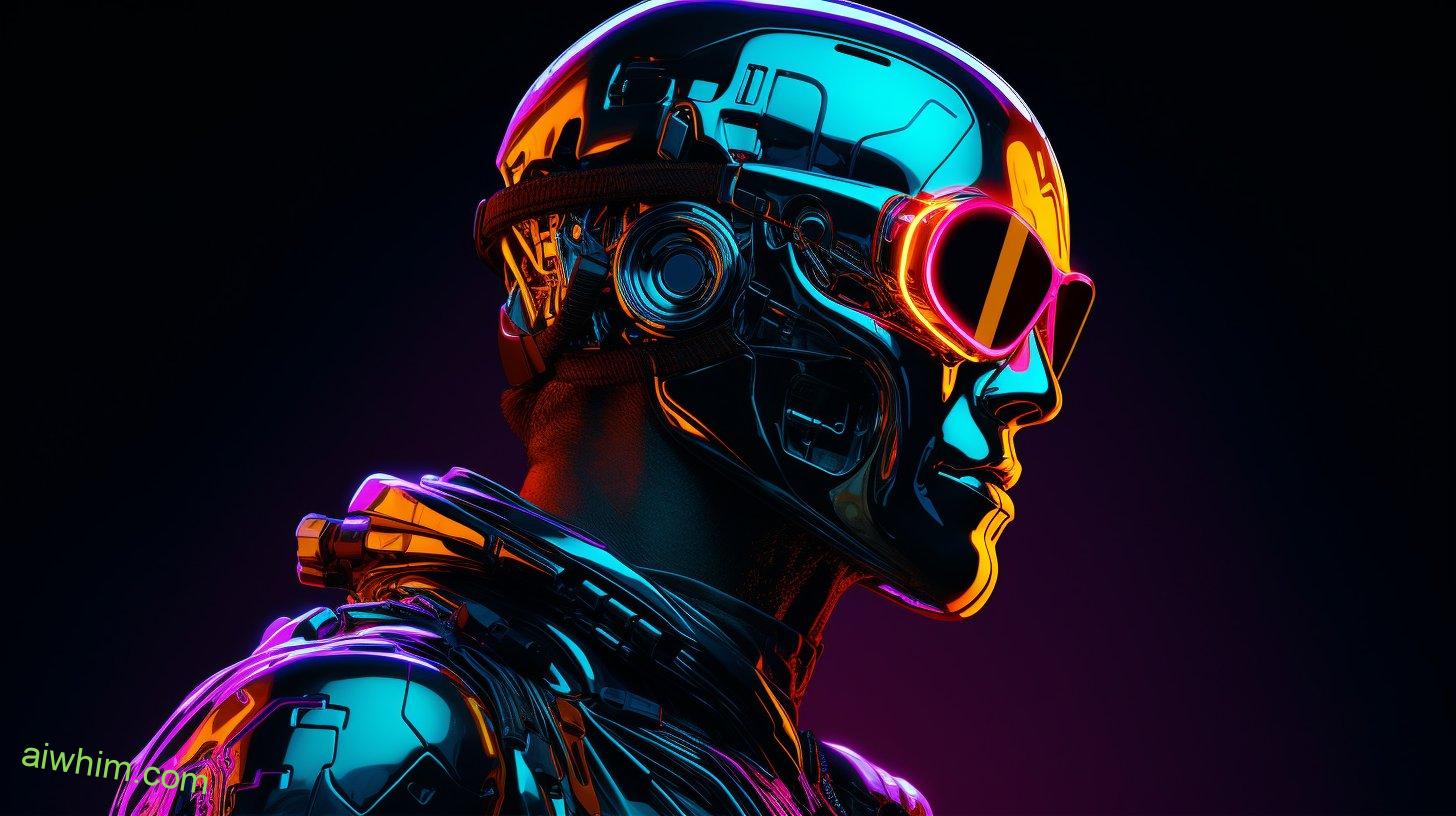
AI-Driven Solutions for Auto Mechanic Skill Gaps
With the integration of advanced technology, human auto mechanics can benefit from AI-driven solutions that address skill gaps in the industry. The emergence of AI-driven predictive maintenance and AI-powered auto diagnostic tools has revolutionized the way mechanics approach their work.
Here are three ways these solutions can empower you to excel in your profession:
- Efficient Troubleshooting: AI-powered auto diagnostic tools analyze vast amounts of data, enabling you to quickly identify and troubleshoot complex issues with precision. These tools provide real-time insights into vehicle diagnostics, saving you valuable time and effort.
- Enhanced Skill Development: AI-driven solutions offer personalized training modules tailored to your specific needs. By leveraging machine learning algorithms, these platforms can identify areas where you may need improvement and provide targeted training materials. This allows you to continuously develop your skills and stay ahead in an ever-evolving industry.
- Streamlined Maintenance Processes: AI-driven predictive maintenance systems monitor various vehicle parameters, such as engine performance and fluid levels, to predict potential failures before they occur. By proactively addressing maintenance needs, you can prevent costly breakdowns and extend the lifespan of vehicles entrusted to your care.
These advancements not only enhance your effectiveness as an auto mechanic but also elevate customer satisfaction by providing quicker turnaround times and more accurate diagnoses. Embracing AI-driven solutions empowers you with valuable insights, allowing you to make informed decisions confidently.

Future Outlook: AI’s Influence on Auto Mechanic Roles
As you look ahead to the future, it is important to consider the challenges that may arise from AI’s increasing influence on auto mechanic roles. While AI-driven solutions offer great potential for addressing skill gaps in this field, they also raise ethical implications that cannot be ignored.
One of the future challenges we may face is the potential displacement of human auto mechanics by AI systems. As these systems become more advanced and capable, there is a risk that traditional mechanic jobs may be replaced by automated processes. This could lead to job losses and economic instability for many individuals who rely on these roles for their livelihoods.
Another ethical implication lies in the responsibility and accountability associated with AI-driven auto repairs. While AI systems can analyze vast amounts of data and make quick decisions, they lack human empathy and intuition. This raises concerns about whether relying solely on machines for repairs can result in compromised safety or overlooked nuances that only a trained human mechanic could detect.
Furthermore, there are concerns regarding data privacy and security when it comes to utilizing AI in auto repair. As these systems collect sensitive information about vehicles and their owners, it becomes crucial to ensure robust cybersecurity measures are in place to protect against unauthorized access or misuse of this data.
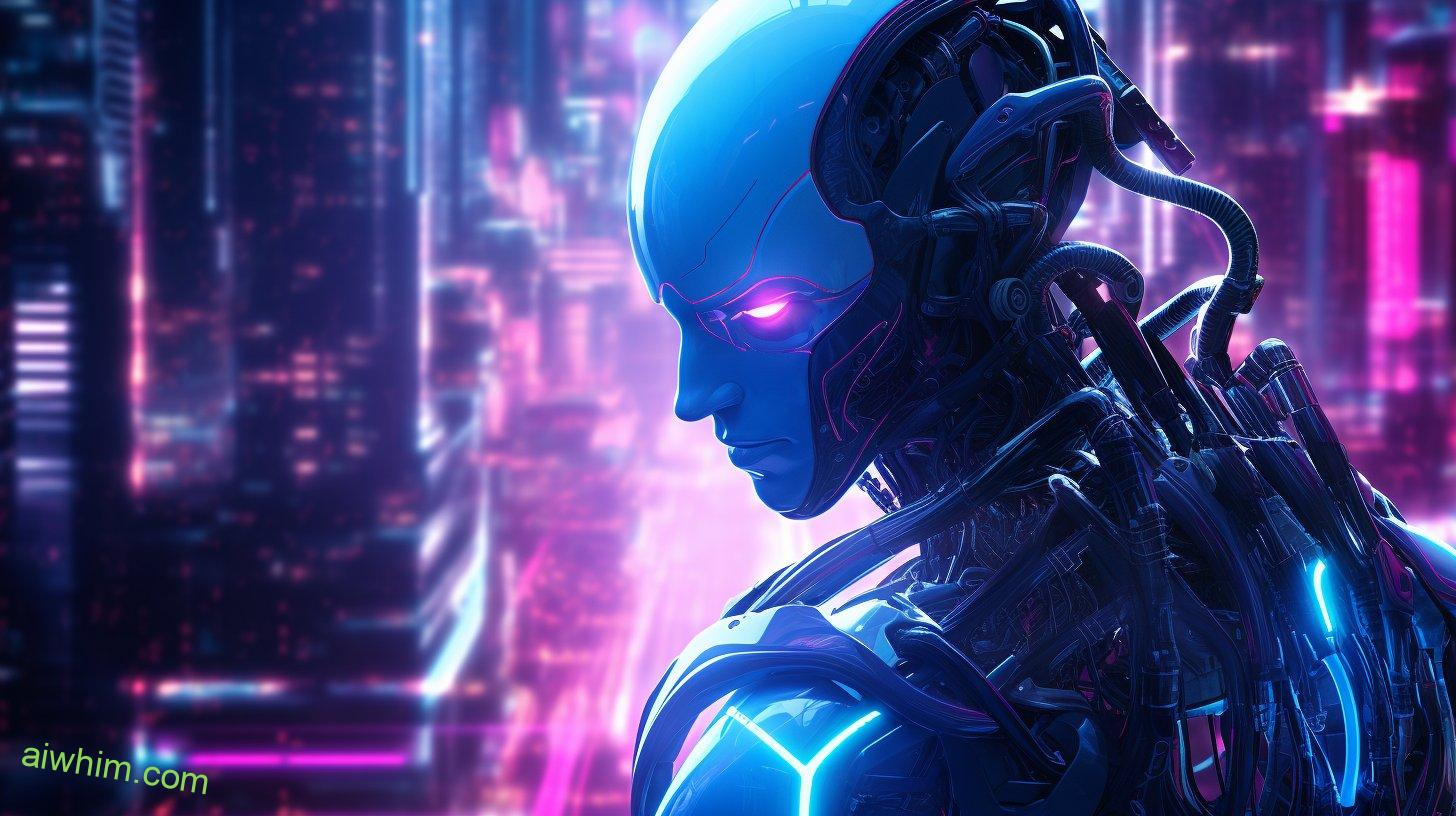
AI and the Evolution of Auto Mechanic Tools
The evolution of auto mechanic tools has been greatly influenced by AI, resulting in more efficient and advanced diagnostic capabilities. With the revolutionary impact of AI applications, auto mechanics now have access to cutting-edge technology that enhances their ability to diagnose and repair vehicles.
Here are three ways in which AI has transformed the world of auto mechanics:
- Smart Diagnostic Systems: AI-powered diagnostic systems can quickly analyze complex data from a vehicle’s sensors and provide accurate diagnoses within seconds. These systems leverage machine learning algorithms to identify patterns and make precise predictions about potential issues. By streamlining the diagnostic process, these tools save time and enable mechanics to address problems more efficiently.
- Augmented Reality (AR) Tools: AR technology allows mechanics to overlay digital information onto the physical environment, providing them with real-time guidance during repairs. Mechanics can wear AR glasses or use handheld devices that display step-by-step instructions, 3D models, and schematics right before their eyes. This hands-free approach increases productivity while reducing errors.
- Robotic Assistance: AI-driven robotics is revolutionizing heavy-duty tasks in automotive repair shops. Robots equipped with advanced sensors and cameras can perform intricate operations with precision and speed. From lifting heavy components to assisting with paint jobs, these robots free up human mechanics’ time for more complex tasks while improving overall efficiency.
As technology continues to advance, the integration of AI into auto mechanic tools will only increase. The evolutionary impact of AI applications ensures that mechanics have access to state-of-the-art equipment that not only simplifies their work but also enhances their expertise.
Embracing these advancements empowers mechanics to excel in their craft while delivering top-notch service to customers who value freedom on the open road.
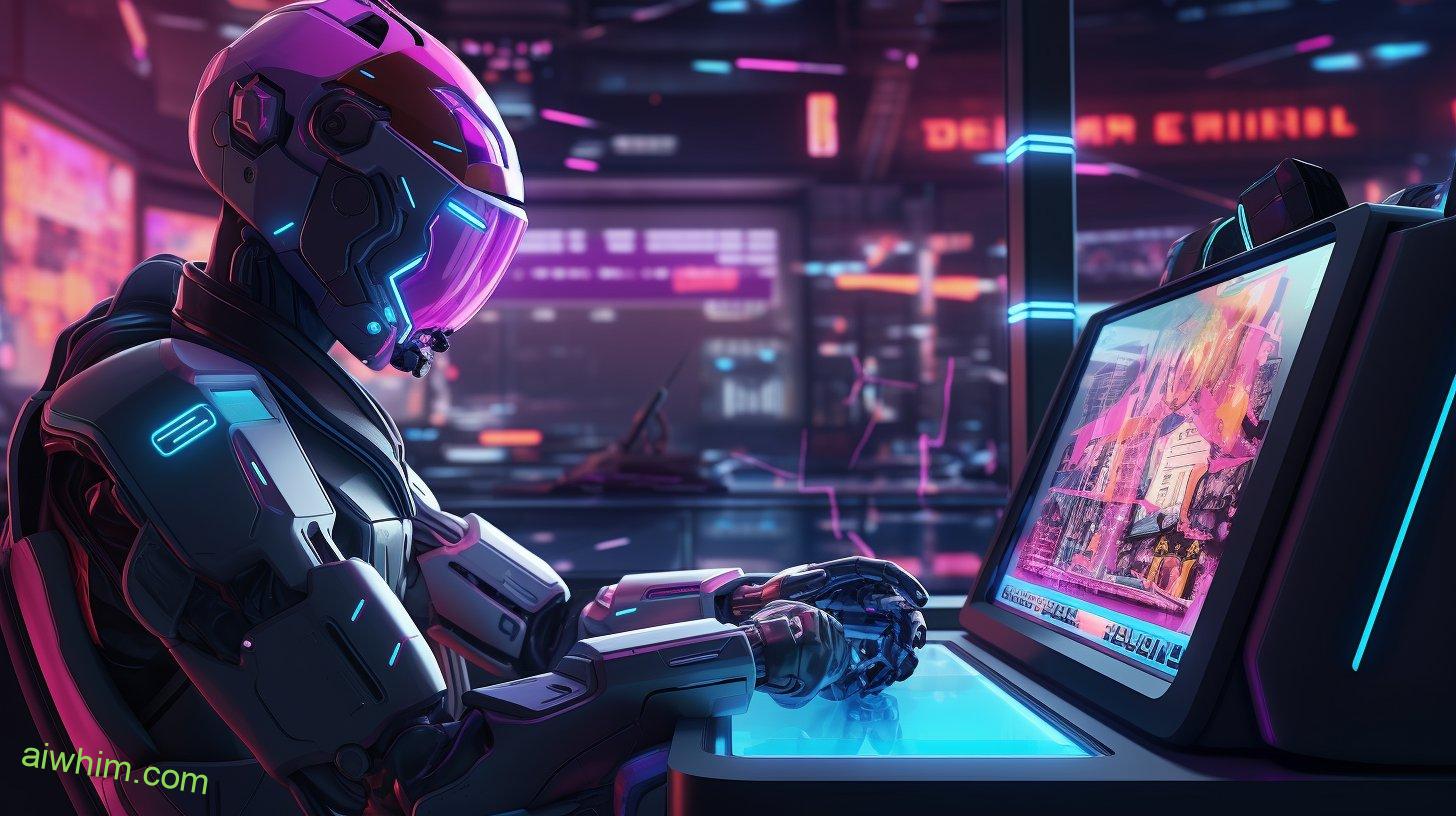
Harnessing AI for Enhanced Customer Service in Auto Repair
Get ready to revolutionize the way you provide customer service in auto repair by harnessing the power of AI. Imagine a world where repairs are automated, and your customers’ experience is greatly improved. With AI technology at your fingertips, you can now streamline processes, enhance efficiency, and deliver exceptional service like never before.
By automating repairs with AI, you can eliminate manual errors and ensure precision in diagnosing and fixing vehicle problems. The advanced algorithms and machine learning capabilities of AI systems enable them to analyze vast amounts of data quickly and accurately. This means that you can diagnose issues more efficiently, saving both time and money for your customers.
But it doesn’t stop there. AI also has the potential to improve the overall customer experience in auto repair. With intelligent chatbots powered by natural language processing, you can provide instant support and answers to common questions. Customers no longer have to wait on hold or navigate through complex phone menus – they can simply interact with an AI assistant that understands their needs.
Moreover, AI-powered systems can personalize interactions based on individual preferences and previous interactions. This level of customization ensures that each customer feels valued and understood throughout their entire repair process.
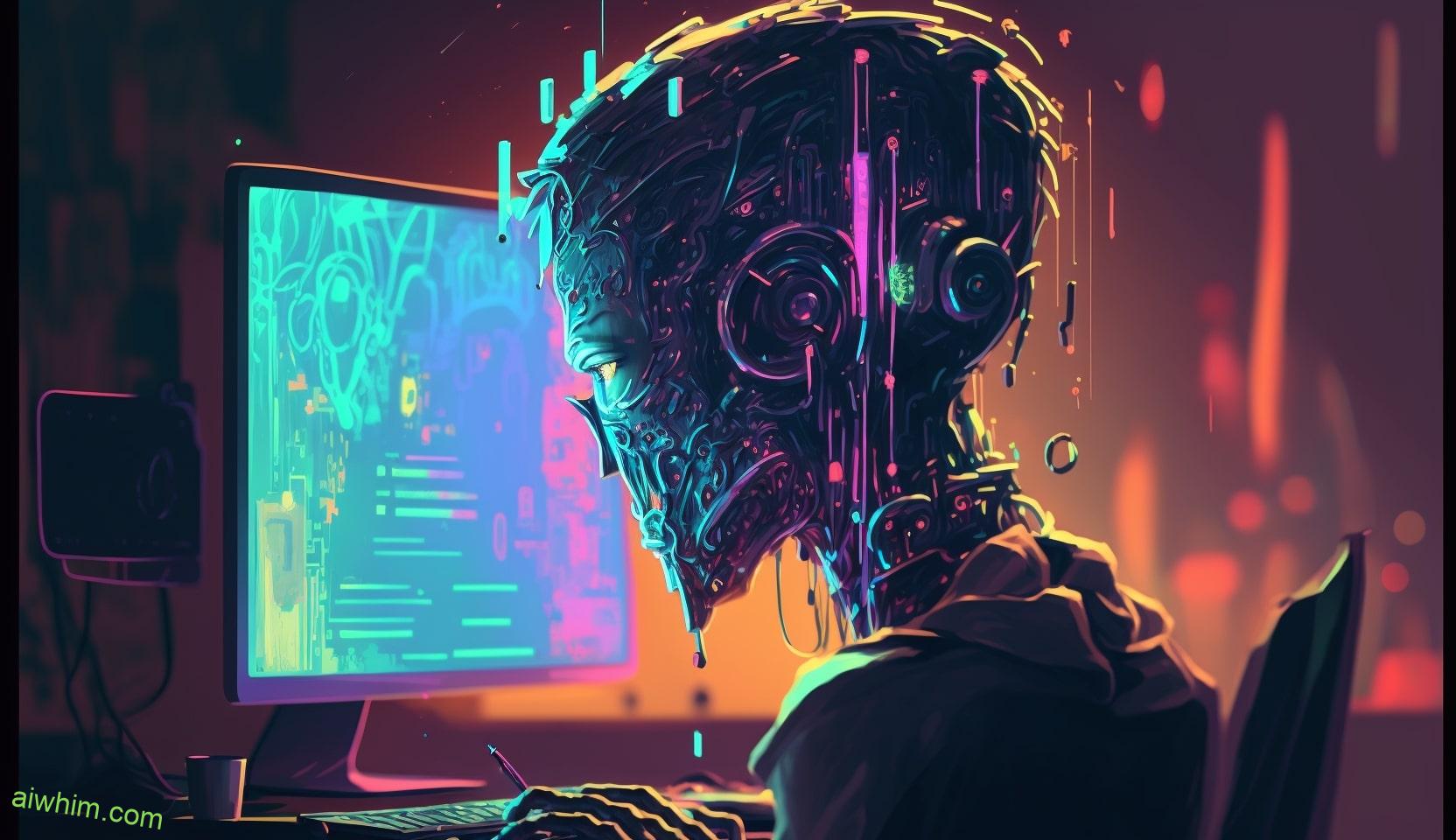
Frequently Asked Questions
Are There Any Ethical Concerns Surrounding the Use of AI in Auto Mechanic Roles?
There may be ethical concerns when using AI in auto mechanic roles, such as job displacement. It is important to consider the impact on human workers and ensure fair treatment and opportunities for all.
How Will the Implementation of AI in Auto Mechanic Roles Affect the Cost of Auto RepAIrs?
You might think that AI in auto mechanic roles will lower the cost of repairs, but it could actually have the opposite effect. The impact on job market and consumer trust is still uncertain.
Can AI Technology Completely Replace the Need for Human Auto Mechanics?
AI technology can potentially replace the need for human auto mechanics, which could have job security implications. However, it may also impact the customer experience by providing faster and more accurate repairs.
What Are the Potential Risks and Challenges Associated With Relying on AI for Auto Diagnostics?
Relying solely on AI for auto diagnostics may have limitations. It could impact the job market, but don’t worry, you’ll still have freedom to choose. Just remember, nothing can replace human expertise and intuition.
How Will the Incorporation of AI in Auto Mechanic Roles Impact the Skill Requirements and TrAIning Needed for Future Auto Mechanics?
Skill adaptations and training challenges will arise as AI is incorporated into auto mechanic roles. You’ll need to adapt your skills to work alongside AI systems and undergo training to understand and utilize this technology effectively.
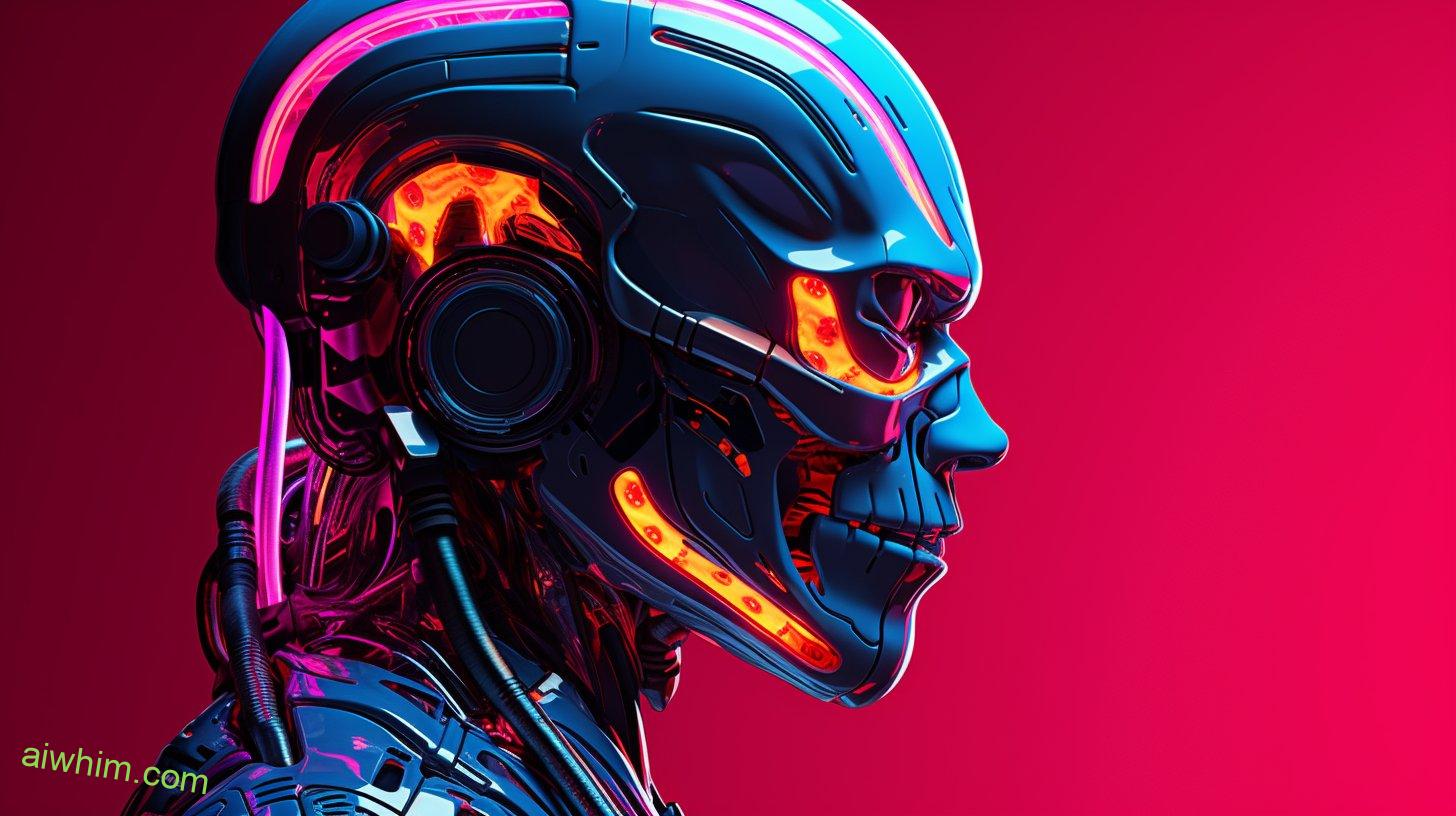
Conclusion
In conclusion, AI is poised to revolutionize the auto mechanic industry. With advancements in technology and the rise of AI-driven solutions, auto repair is becoming more efficient and accurate.
AI tools and systems are transforming diagnostics, bridging skill gaps, and enhancing customer service.
As we look to the future, AI will continue to evolve alongside auto mechanic tools, creating a symbiotic relationship that promises improved efficiency and productivity.
So, embrace the power of AI because it’s set to take over auto mechanic roles in a way that enhances rather than replaces human expertise.

